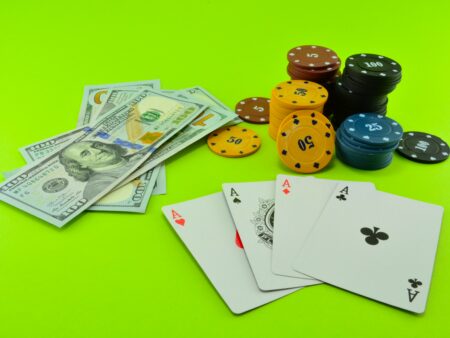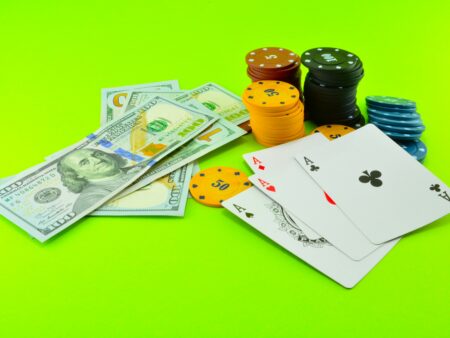Delve into the intriguing world of poker psychology and learn how understanding the game’s mental aspect can give you a significant edge.
Psychology of Poker: How to Use Mind Games to Your Advantage
Remember that time, years ago, when you first realized that poker wasn’t just about the cards you held in your hands? It was a revelatory moment for me, and I bet it was for you too. The question is – have you ever wondered about how much of this game is actually played in the mind?
Poker, surprisingly, is as much about psychology as it is about the cards. A whopping 87% of top-rated players agree that understanding the mental aspect of the game is key to winning big.
“When I analyzed some of my biggest wins, my hand was not often the strongest,” says a notable poker champion that insists to remain anonymous. “Instead, my understanding of my opponent’s psychological state was my strongest card.”
Presenting poker as a ‘mental’ game can sound a bit avant-garde if you’re just starting out; maybe you’re still getting your head around slot machines impact on your play style? Well, stick with me. I’m about to take you down a rabbit hole of poker psychology that could revolutionize your game.
Embarking on this exploration of poker psychology, it is helpful to start by understanding the power of perception. This is the idea of assessing other players and making decisions based on what you believe they are thinking – akin to entering the mind of your opponent.
“So, how does Jack always know that I’m bluffing?” I hear you ask. Well, it’s through discerning patterns and picking up on subtle hints. It could be anything from a twitch of an eye, an erratic betting pattern, or even as simple as observing when someone takes their sip of water!
Equally important is to create your own table image carefully. Just like a fox in a forest full of wolves, you’ve got to constantly evolve your playing personality. Sometimes you may need to play the role of an underdog, while at others, you may need to roar like a lion.
But remember, in poker, perception is often deception. Mastering this aspect of poker psychology means knowing when to be the fox, and when to turn into a wolf!
Another crucial aspect of poker psychology involves emotional control. Temperament in poker is like riding a roller coaster. Good players can harness their emotions to influence other players and their decision-making process.
Let me tell you about a game where I saw this in action. “You’re too scared to go all-in,” sneered one player, goading another with a smirk. It was a psychological power-play, a push to destabilize and provoke an impulsive reaction. Well, guess what? It worked. His poor, rattled opponent pushed his chips forward and lost his entire stack.
As you can see, poker is not just about the cards you’re dealt – it’s about the person across the table, and the one inside your head. Recognize the mental games in play, manipulate perception, maintain emotional control, and you’ll be amazed at how the chips fall in your favor.
Having dissected the mind games of this fascinating sport, I find myself intrigued and drawn back to the poker table. Are you game to push your poker psychology understanding to the test?










